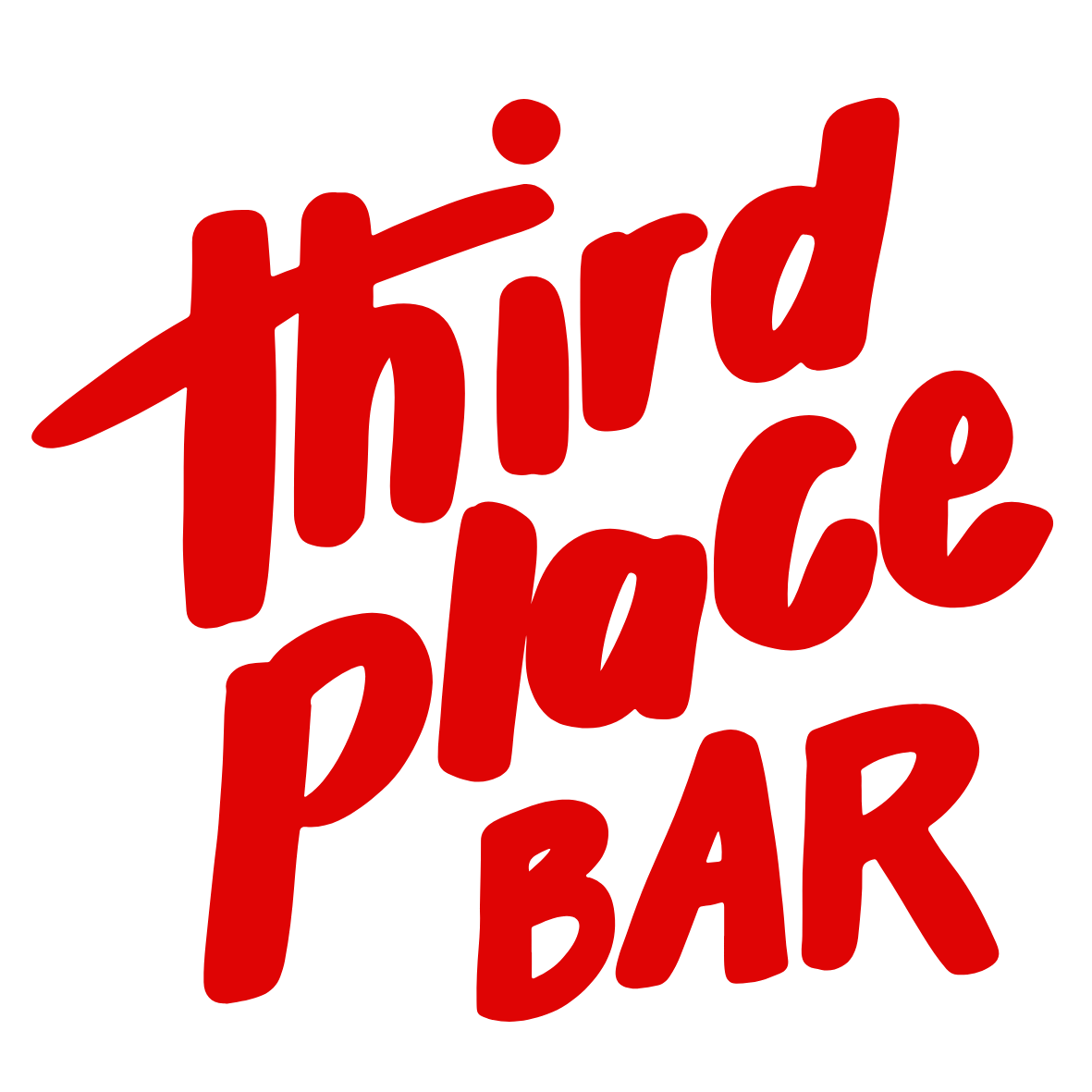What to expect from Dry January…
Aaah yes, Dry January! I’ve you’ve consumed social media, or really, any media recently, you’ve probably heard or seen the term everywhere, potentially alongside it’s cousins “Damp January” and “Dry(ish) January”.
Dry January is simply a catchy name for a month where, post holiday celebrations and indulgences, many people decide to take a month off from drinking alcohol. |n recent years, between 13% and 20% of adults in the US claim they participated in Dry January. And while it’s not quite clear to me to what extent they “participated” (I’m pretty confident not every single one of those 20% went entirely without alcohol for the entire month), that’s an astonishing number.
But with the “new year, new me” resolutions and Dry January come many claims about what to expect when you abstain from alcohol for a certain period of time. Quite often, the statements look something like this:
You will sleep better!
You will lose weight!
Your skin will be perfect!
Your depression and anxiety will go away!
In fact, all your problems will go away!
Please keep reading because I’m obviously not being serious here.
Here’s my take on all these claims: I can’t tell you what you can expect from Dry January, because everyone is different. What happens when you don’t drink for a while entirely depends on your history of drinking, how much, how long, when, why, what, and pretty much everything else you do in your life!
To some extent, I find these overly enthusiastic claims more harmful than helpful. Someone might go into Dry January with high expectations, and be disappointed that their life didn’t get magically better over night. Am I doing it wrong? Is not drinking pointless and the only impact it has is being bored and losing my social life? Well, f*** it, I’ll just go back to drinking! Party on! What I want to say here is: Please don’t throw in the towel just yet. Give it some time.
When I quit drinking a year ago, after almost 20 years of “grey area drinking” (i.e. “normal” amounts for a 30-something in New York City, which is more than anyone should really be consuming), I was also an active runner who had just gone through several months of marathon training. I was pretty fit and slept like a baby. For me, the physical effects were very little, aside from intense sugar cravings that, combined with post-marathon laziness, actually made me gain weight. Oops.
“Probably the best amount of alcohol to drink would be zero glasses per week, or ounces per week.”
Here’s just one thing I know for sure: Alcohol is toxic - it’s a Group 1 carcinogen, in the same category as asbestos, smoking, and radiation exposure (!). No amount of alcohol is safe to consume for a human. So whatever effect you notice (or not), you’re not putting something toxic in your body for a while, and that’s a good thing, right?
For what it’s worth, as a moderate drinker, I only noticed a positive impact after about two months without alcohol. While the physical effects were minimal, as I already mentioned above, I noticed a significant improvement in my mental health, specifically my mood swings and impulse control. Not drinking did not make my problems go away, but it put me in a better and more stable position to deal with them.
So, if Dry January is going well for you but you’re not sure if it’s “doing anything”, give it another month and see if you notice any difference in your physical and mental health.
If you’re interested in learning more about the physical effects of alcohol, I highly recommend Episode 86 of the Huberman Lab podcast: What Alcohol Does to Your Body, Brain & Health.
And finally: Join our Dry January events in New York City! Whether you’re sober curious or just taking a night off from drinking, we welcome everyone who wants to socialize without alcohol. See our event listings for details!

